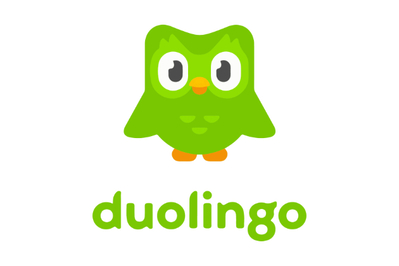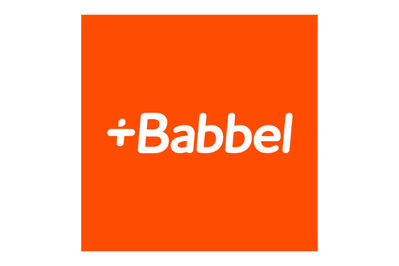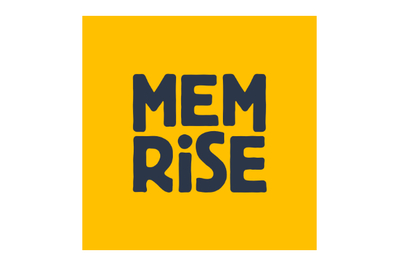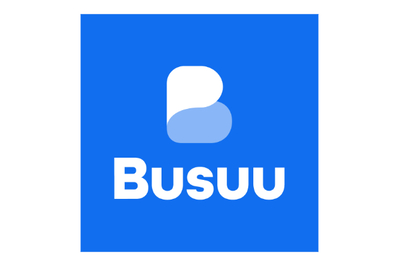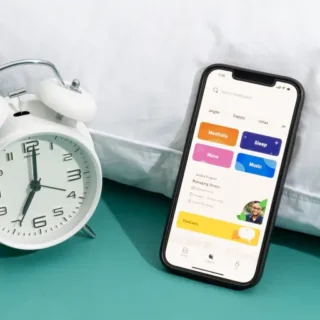Top Language Learning Apps for 2025
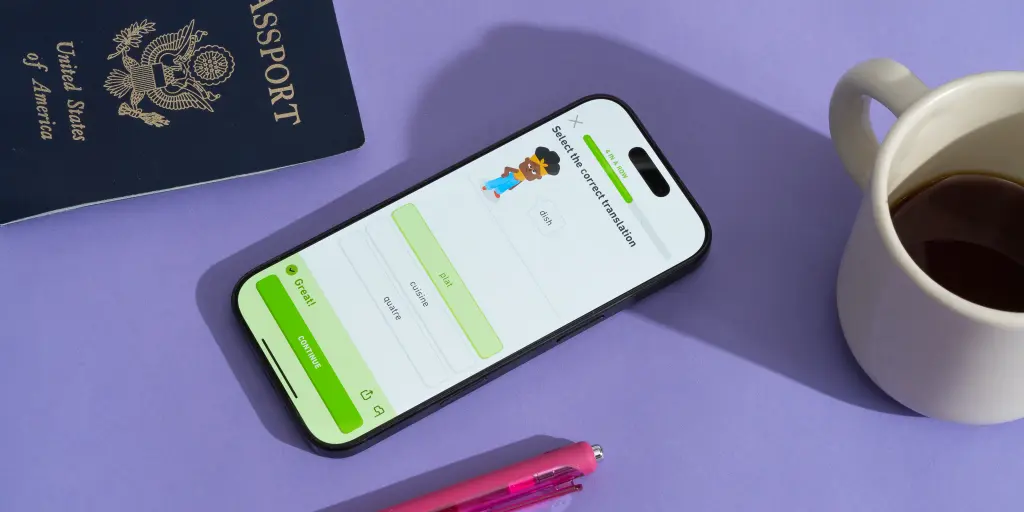
Learning a language as an adult requires dedication, and language learning apps can be a great tool to keep you motivated. Most of these apps are designed for short, daily sessions, allowing you to gradually build a habit and improve over time.
However, it’s important to note that no app alone can make you fluent. Fluency comes from consistent conversation with native speakers. Consider these apps as a stepping stone—helping you learn vocabulary, grammar, and other key concepts—so that you’re better prepared to take on the real challenge: communicating with others in the language.
Duolingo
The top language learning app for most users
Duolingo cleverly uses techniques from social media and mobile gaming to keep you engaged, but with the positive goal of helping you learn a new language. The lessons are short, fun, and designed to keep you motivated throughout your learning journey.
With a generous free version and well-designed lessons, Duolingo is the ideal language learning app for most beginners.
It’s also the one you’re most likely to stick with, thanks to its use of mobile gaming techniques—like leaderboards, badges, and streaks—to keep you motivated. This gamified approach becomes even more engaging if you have friends using the app: skipping your daily lessons might mean letting your friend down on their quest.
The lessons are carefully crafted, incorporating speaking, listening, reading, and writing exercises, all while featuring charming recurring characters that add context and make learning more memorable.
Babbel Live
A real classroom experience in an app
Babbel Live focuses on grammar with a textbook-style approach, offering something Duolingo doesn’t: live classes with real human instructors.
The Babbel app offers a polished experience, with lessons designed like an interactive language textbook. It allows you to see, hear, speak, and write, while also providing English-language explanations for grammar and cultural concepts. Some learners may prefer this more structured approach over Duolingo’s style.
What sets Babbel apart is its real-time instruction through the premium Babbel Live service. While it’s priced higher than most language learning apps, it offers access to both one-on-one and small-group classes (with up to six students), taught by professional language instructors.
If in-person language classes aren’t an option for you, this app is definitely worth considering. However, you’ll need to be self-motivated, as Babbel doesn’t have the same gamified features that make Duolingo so addictive.
Memrise
The best app for exposure to native speakers
Each lesson in Memrise is centered around videos from native speakers, allowing you to experience a wider variety of accents and voices compared to other language learning apps.
Memrise brings a TikTok-like experience to language learning. Each lesson is centered around short videos of native speakers pronouncing various words and phrases, often featuring two or three individuals saying the same phrase in different ways. This approach is beneficial as it reflects the natural variation in how people speak, whether influenced by accents or individual speaking styles.
In addition to this, Memrise boasts a video library with longer conversations, allowing for more comprehensive exposure to the language. While more supplementary materials would be welcome, the lessons themselves provide plenty of content to keep you engaged.
Busuu
The top app for receiving feedback from native speakers
When learning a language, getting corrected by native speakers is essential. Busuu is the only app we tested that offers this valuable experience, allowing you to receive direct feedback from fluent speakers.
Busuu distinguishes itself with its unique peer-feedback system. After completing a few lessons, you can submit work—like a sentence you’ve written or spoken—to be reviewed by native speakers. These users provide valuable feedback on your word choice and pronunciation. (If you’re comfortable, you can reciprocate by offering feedback on others’ English.)
The lessons are designed around specific real-world scenarios, and they’re not entirely linear, giving you the freedom to choose the topics that interest you most. If you have a particular goal for your language learning, Busuu is definitely worth considering as your first option.

